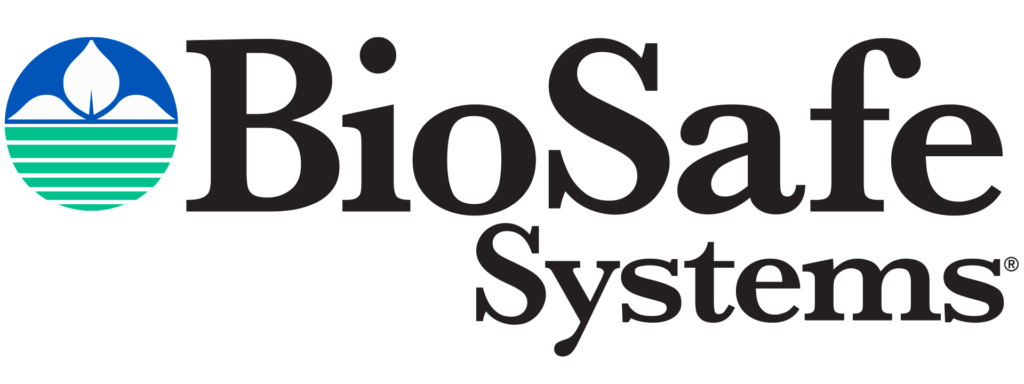
The Q-biotype whitefly, a significant pest that could damage agriculture, has spread from Palm Beach to seven other Florida counties, according to a University of Florida Institute of Food and Agricultural Sciences researcher.
Crops that could eventually be affected include tomatoes, squash, beans, watermelons and many other vegetables and ornamentals, said Lance Osborne, an entomology professor at UF/IFAS.
The whitefly species has now been reported in homeowners’ yards and on plants in retail nurseries are destined to be planted in yards as far north as Duval County. It’s also in Broward, Highlands, Hillsborough, Martin, Pinellas and Seminole counties, Osborne said.
In April, the whitefly was found for the first time outside greenhouses and nurseries in Florida. Known scientifically as Bemisia tabaci, the Q-biotype or Mediterranean whitefly is a light-colored, tiny flying insect. This marks the first time the Q-biotype of Bemisia tabaci has been found outside a greenhouse or nursery in the United States since it was found on an ornamental plant in a greenhouse in 2004-2005, said Osborne.
Inspectors from the Florida Department of Agriculture and Consumer Services are in the process of tracing the flies back to the wholesale nurseries that shipped the plants to the retail stores. From there, nurseries can work with UF/IFAS on appropriate management practices.
If homeowners suspect they have a Q-biotype whitefly in their yard, they should use soap and oils that are sold as insecticides or just call a professional exterminator.
Researchers with UF/IFAS are working with the U.S. Department of Agriculture, Agricultural Research Service and FDACS to manage the whitefly. The following measures are recommended to control the spread of Q-biotype whitefly:
BioSafe Systems, LLC is a company leading innovations since 1998 for environmentally sustainable practices and products that protect crops, water, and people. Our success hinges on a commitment to customer service, quality research, regulatory compliance, and the willingness to adapt. BioSafe Systems is a family-owned and operated company certified by NQA to ISO 9001:2015, 14001:2015, and 45001:2018, and our products are manufactured proudly in the United States. More about BioSafe Systems